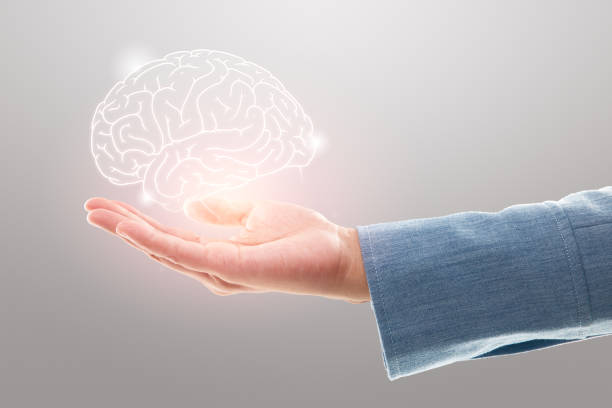
Neurodivergence (ND) is a term used to describe the neurological differences of some people, that fall outside the typical range of what is considered neurotypical. Neurodivergent individuals may have varying degrees of difficulty with communication, executive function and sensory processing.
Examples of ND conditions include Autism, Attention Deficit Hyperactivity Disorder (ADHD), Attention Deficit Disorder (ADD), Dyslexia, Dyspraxia, Tourette Syndrome to name a few. While these conditions are often considered ‘disabilities’ in society, the neurodiversity movement aims to reframe them as natural variations of the human experience.
This is not to say that people cannot be disabled by elements of their neurodivergence. ND people often face unique challenges in a world that is designed for neurotypical people. Social stigma, discrimination, and lack of understanding can make it difficult for them to navigate daily life, especially in areas such as education, employment and healthcare.
But within Neurodivergence there is more than ‘disability’. Where history has inaccurately defined Neurodivergence as disordered, the Neurodiversity movement seeks to raise awareness of the richness of difference and the beauty of the individual that is so often overlooked by a society that only sees the ‘disabled’ perspective.
It is important to note that not all Neurodivergent individuals require a diagnosis or identify with a specific condition. Some people may simply experience traits or preferences that are not classified as a disorder. For example, someone who is highly sensitive to sensory stimuli may identify as neurodivergent, even if they do not meet the criteria for any formal diagnosis.
In recent years, there has been a growing awareness and acceptance of Neurodiversity, and more efforts are being made to accommodate ND individuals in various settings. This includes providing sensory-friendly environments, flexible work arrangements and inclusive education practices.
Overall, Neurodiversity is a broad term that encompasses a range of neurological differences. By acknowledging and celebrating the diversity of humans, we can create a more inclusive and accepting society that values the strengths and contributions of all individuals, regardless of their neurology.
If you would like to explore things further, especially in the areas of ADHD and Autism, please contact me or reach out to our Facebook community at Different Not Less – Supporting Neurodivergent Lives
